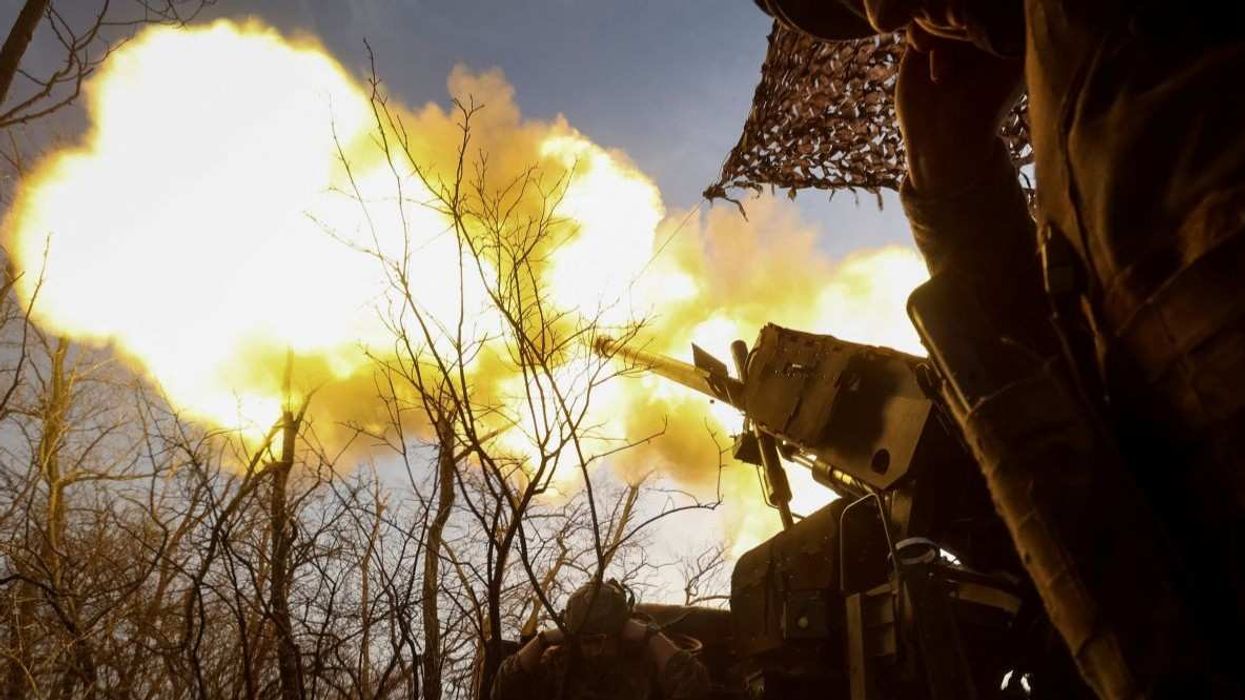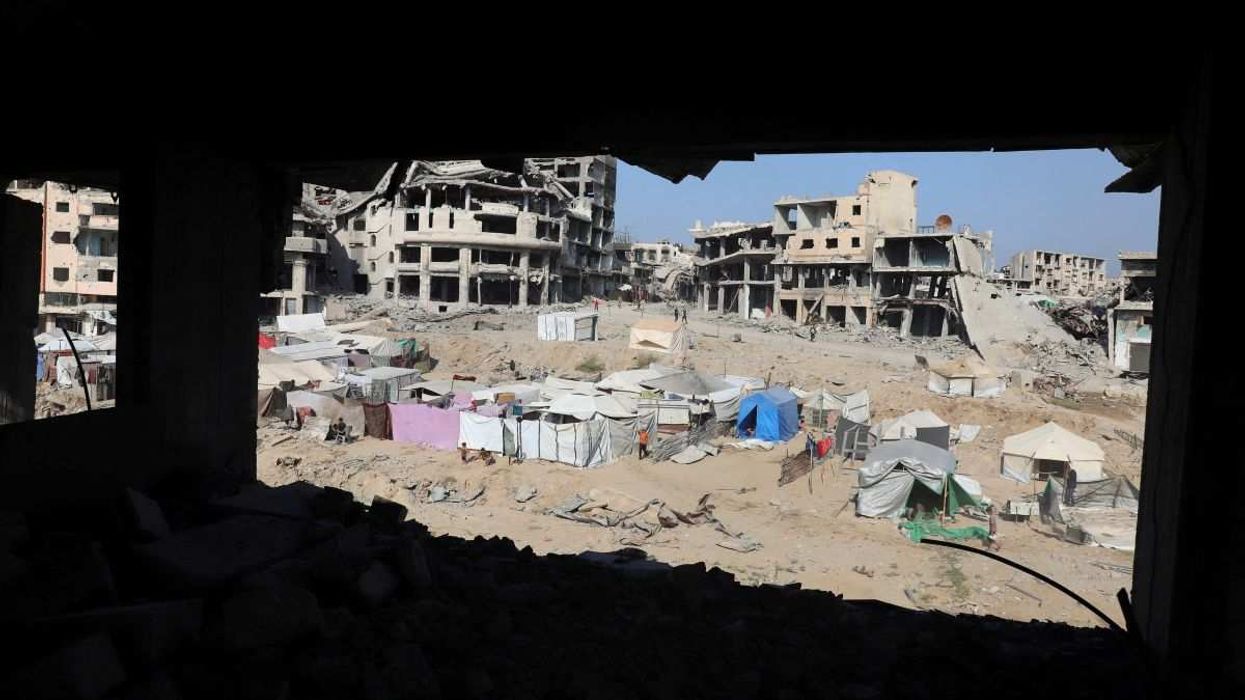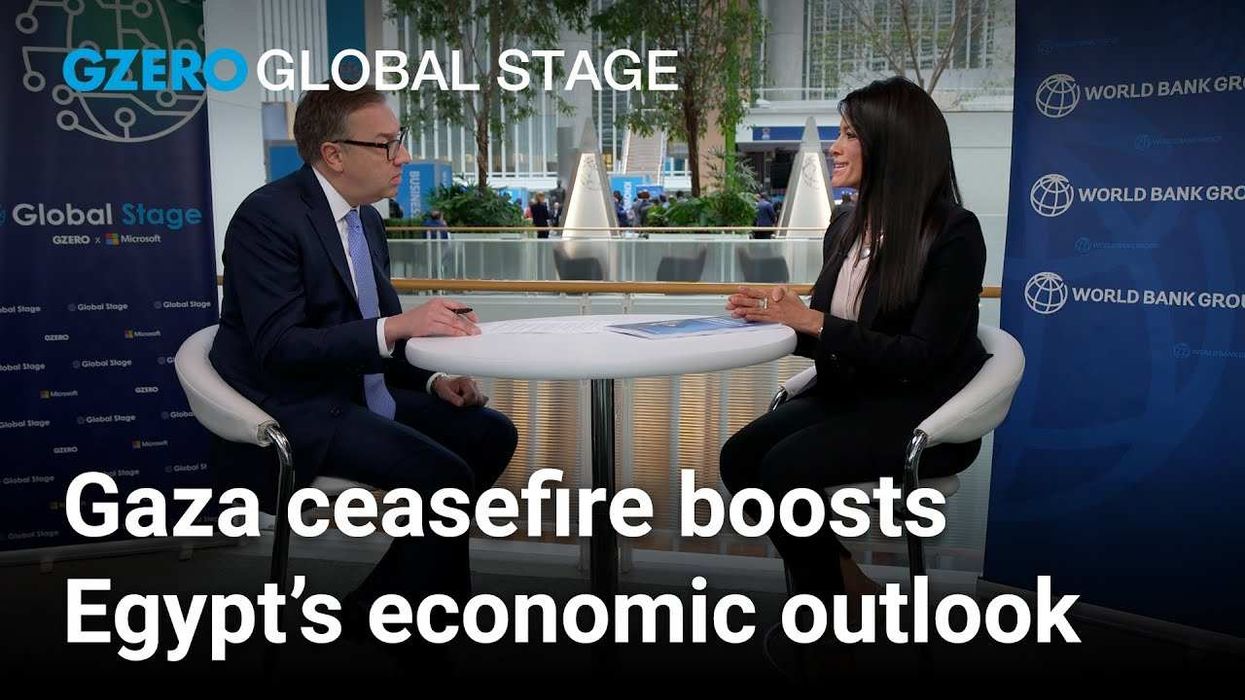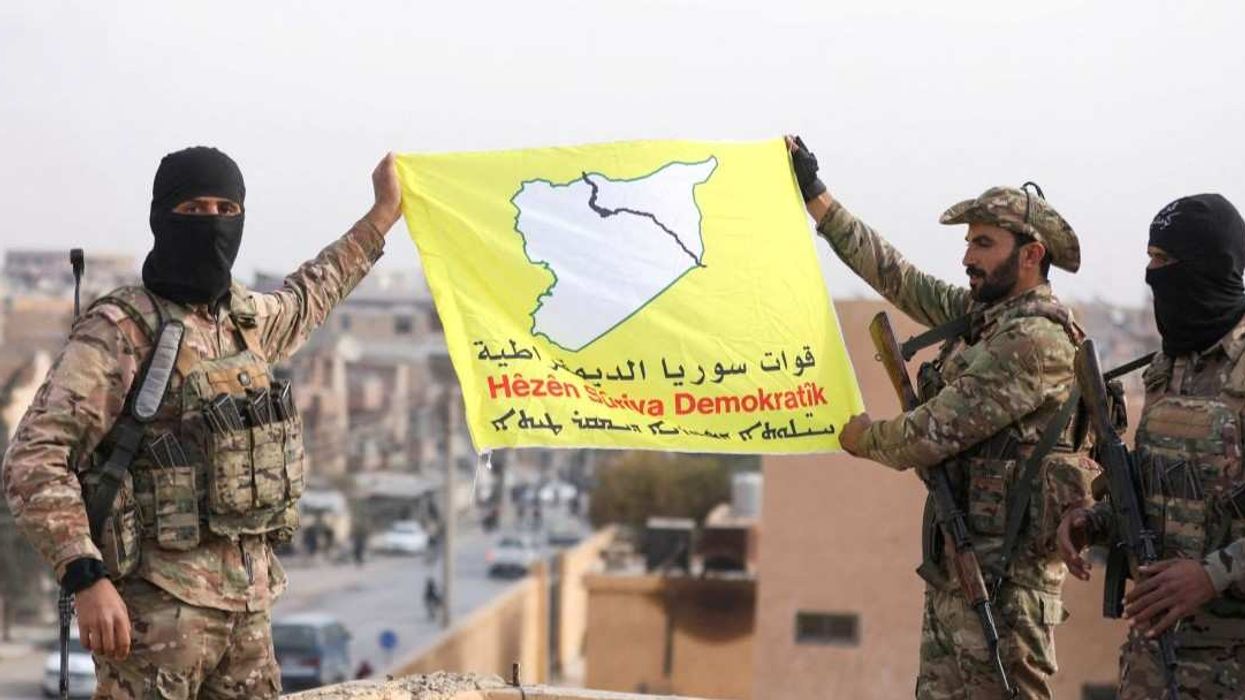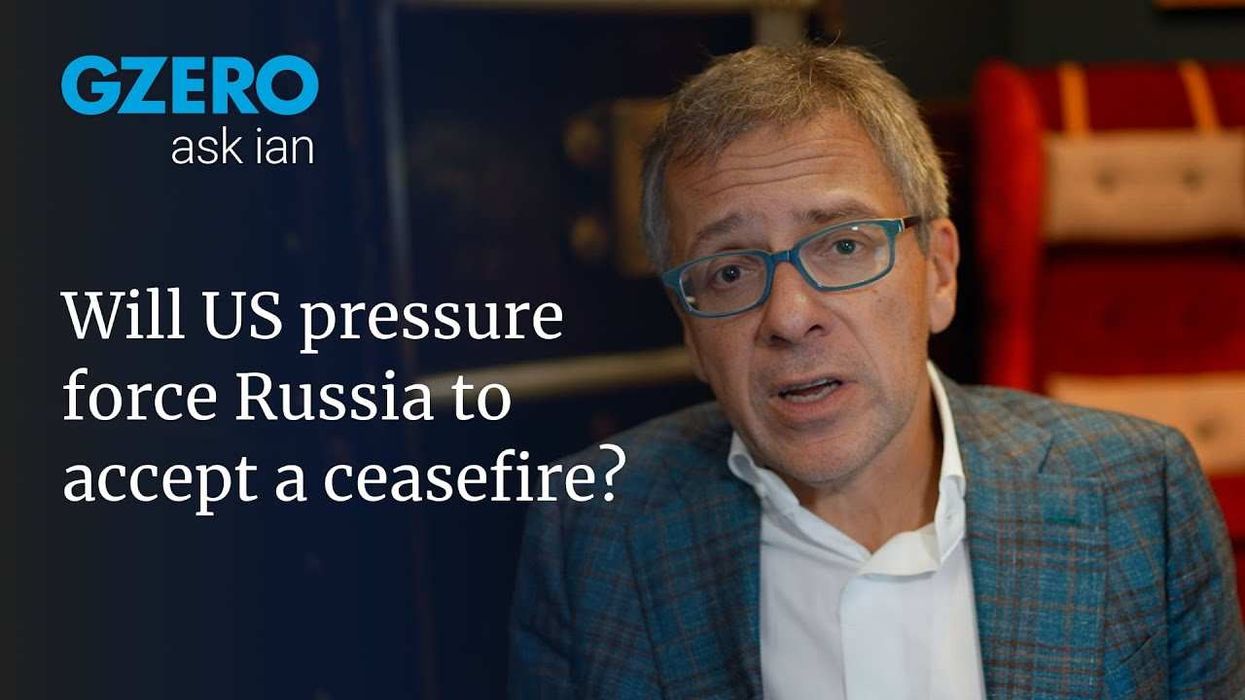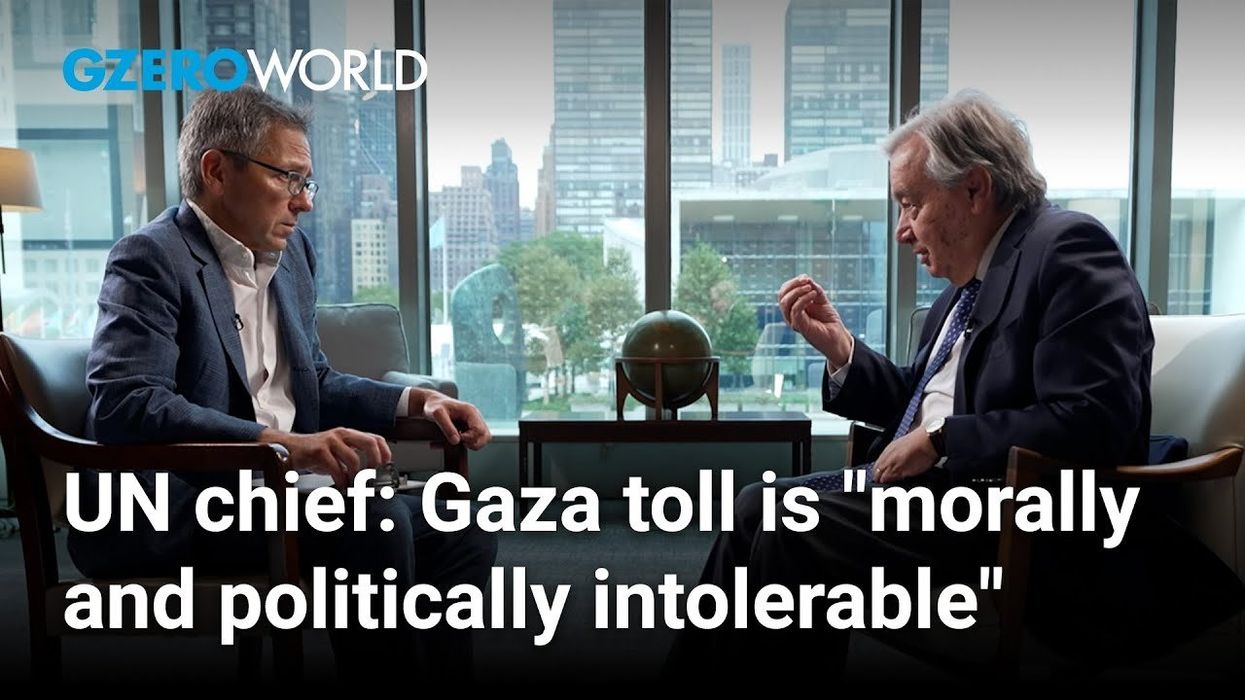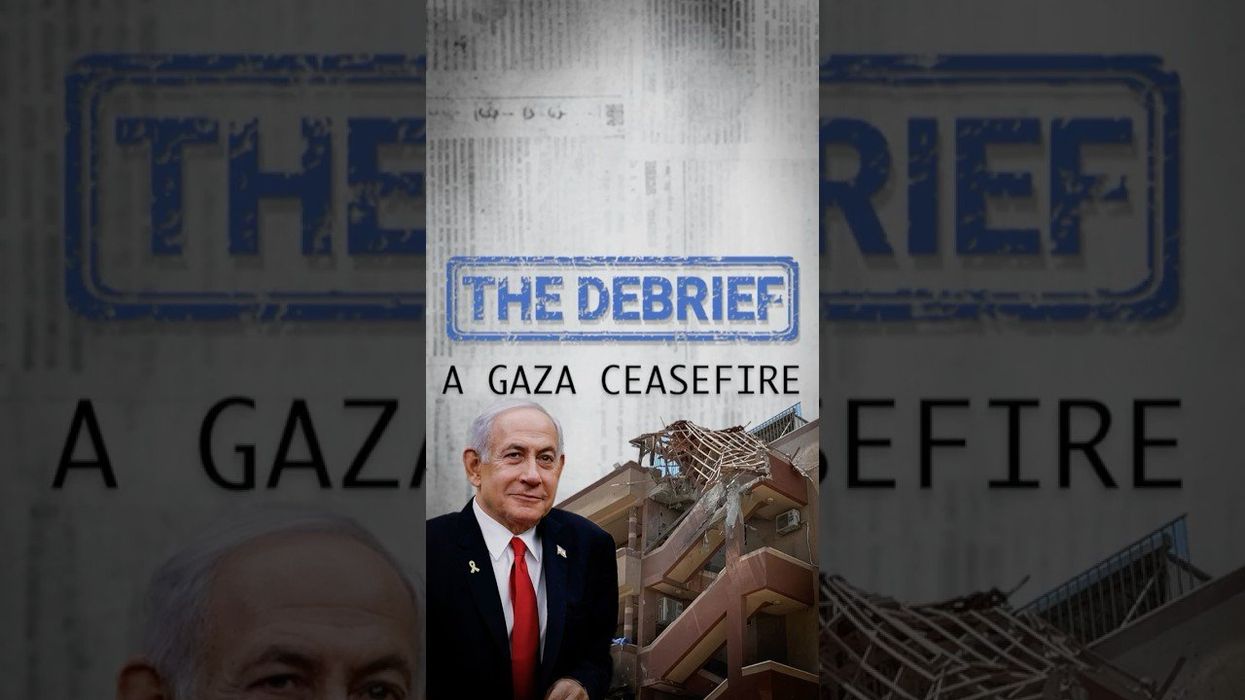ask ian
From Iran to Ukraine: The growing risk of conflict
In this episode of "ask ian," Ian Bremmer breaks down two high-stakes negotiations in Geneva: Russia-Ukraine and indirect US-Iran talks, calling both “underwhelming” with little progress.
Feb 18, 2026

